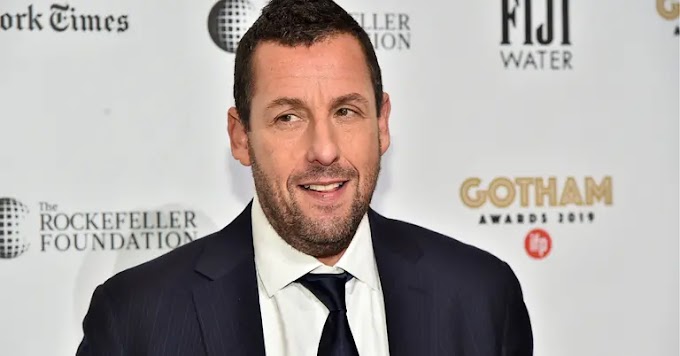 |
| Warren Buffett, Chairman and CEO of Berkshire Hathaway. (Getty images) |
The annual letter to shareholders from Berkshire Hathaway president Warren Buffett has been released, and many readers are looking for hints in it about the tycoon's thought process and outlook for the market's near future. Buffett justifies Berkshire's share repurchases and enormous cash holdings in this year's letter, claiming that there aren't any better investment options at the present.
In the outset of its 11 pages addressed to its shareholders, the "oracle of Omaha" states, "Our goal is to have major investments in enterprises that have both durable economic advantages and with a top-level CEO." He effectively condenses his investment philosophy as well as that of his "right hand," Charlie Munger, into a single sentence in this manner. "Charlie and I are business-pickers, not stock-pickers."
The letter's main goal is to justify the company's $144 billion in cash and cash equivalents, of which $120 billion are Treasury bonds with a one-year or less remaining on their maturity date. Buffett claims that this is not a "statement of patriotism" and that he has not lost his "passion for company ownership," but rather that he believes he has "failed to identify full companies or small sections of them that fulfil our criterion to keep them in the long run."
"Charlie and I have dealt with situations like this before involving big sums of money. These moments are never pleasant or satisfying, and they are never sustained. We had a pretty alluring alternative for allocating money in 2020 and 2021, which was fortunate "in order to emphasise the importance of its share repurchases.
According to Buffett, there are "three ways" to increase the value of the money that Berkshire Hathaway shareholders have invested: expanding the long-term purchasing power of the companies it already owns or making new acquisitions, entering the market with minority stakes in respectable publicly traded companies, or buying back stock. Although there are not many prospects, the tycoon claims that they are "little relative to Berkshire's resources" or that there aren't any opportunities that "excite" them.
Hence, the only remaining action is to repurchase their own securities, which they did last year for a cost of 27,000 million dollars and again in 2019 for a cost of 51,700 million dollars, enabling shareholders to "own around 10% more of all the businesses of Berkshire."
Further share repurchases at a cost of $1,200 million have been conducted since the year's end, according to the trend. In spite of this, he issues a warning due to the cost of the shares: "We do not want to overpay for another company's shares, and we would be destroying value if we overpaid when we bought Berkshire," he says.
The four primary industries
The four companies that make up the majority of Berkshire Hathaway's value are described in depth in a few words of Warren Buffett's 2022 annual letter. He refers to them as the Big Four.
The first is its group of insurers, which it owns 100 percent of. The holding firm run by Buffett has always been strongest in the insurance industry. He describes it as a company that was "tailor-made for Berkshire." "The product will never be out of date, and sales volume will often rise in tandem with inflation and economic growth. Integrity and wealth will also always be crucial. He asserts, "Our organisation can and will act responsibly.
Apple comes in second place. After years of rejecting the technology industry, Buffett started to strengthen his position at Apple in 2016. His capital investment in the organisation run by Tim Cook has increased to 5.6% since that time. Warren Buffett praises Apple's share repurchase programme and has termed Cook a brilliant CEO. "He is right to see Apple product users as his first passion, but all his other constituencies also benefit from Cook's management touch." praises Buffett.
The third giant of Berkshire is the railroad company BNSF. For Buffett, he is a priceless resource for both them and the US. "American carbon emissions would explode if the numerous vital goods transported by BNSF were trucked instead," he recalls.
The last company is BHE (Berkshire Hathaway Energy), which is 91% owned by Berkshire. According to Buffett, the energy company has emerged as a significant player in American renewable energy sources like wind, solar, and transmission power.

.jpeg)




